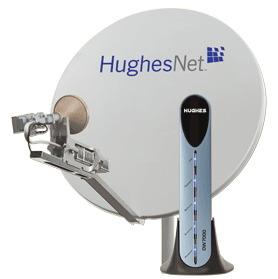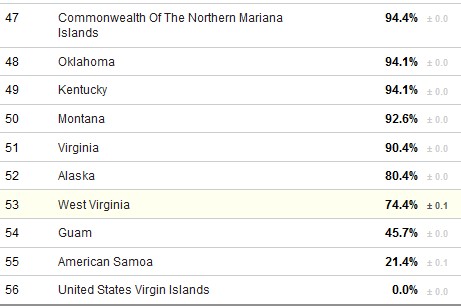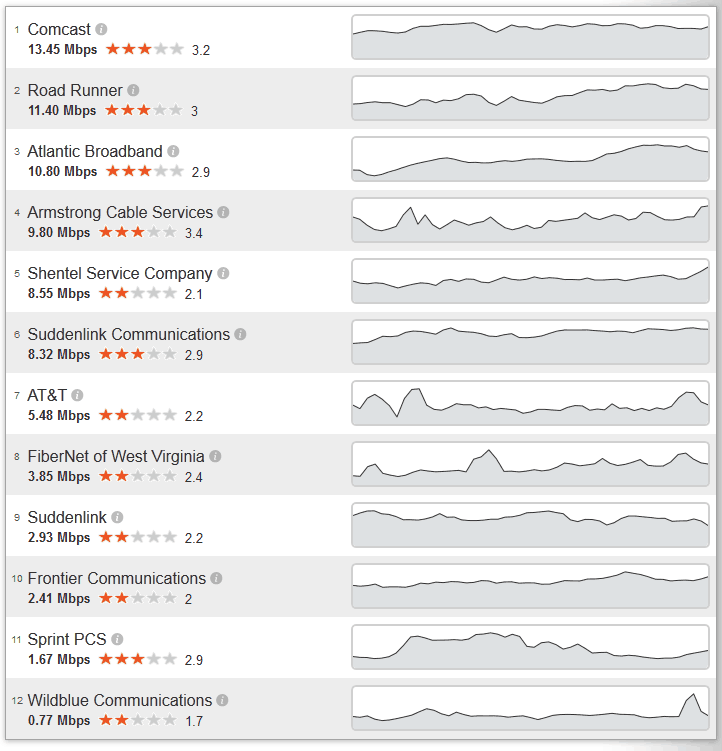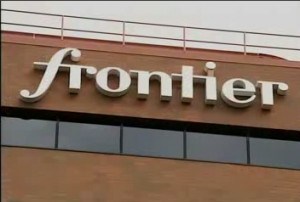 HughesNet customers unjustly cut off from their Internet service for violating the company’s “Fair Access Policy,” or who paid an early termination fee when they realized satellite Internet was not for them may qualify for a settlement payment ranging from $5-40, or “tokens” that can provide a temporary free pass from the company’s usage caps as part of a class action lawsuit settlement.
HughesNet customers unjustly cut off from their Internet service for violating the company’s “Fair Access Policy,” or who paid an early termination fee when they realized satellite Internet was not for them may qualify for a settlement payment ranging from $5-40, or “tokens” that can provide a temporary free pass from the company’s usage caps as part of a class action lawsuit settlement.
Broadband Reports‘ readers who subscribe to the satellite provider first mentioned receipt of the settlement paperwork, which provides cash payments for ex-HughesNet customers who subscribed to any of the following Hughes Consumer Service Plans between May 15, 2005 – March 2, 2012:
Home, Pro, Pro Plus, Small Office, Business Internet, Elite, ElitePlus, ElitePremium, Basic, Power 150 and Power 200
Customers who canceled service are qualified to receive the cash payments. Those who paid an early termination fee prior to Dec. 6, 2010 will receive $40. Those who canceled as of March 2, 2012 and did not pay an early termination fee will receive $5. HughesNet also promised to implement a new sliding scale for their early termination fee. Each month you remain a customer under a service contract will reduce the amount of the fee by a proportional amount.
Current customers do not receive a cash settlement. Instead, they will be provided with a minimum of one “Restore token” per calendar month for the next 18 months. That may be nothing special — HughesNet already provides one token per month to every customer.
The HughesNet Fair Access Policy includes a download allowance. Users who exceed their allowance will have their service speeds reduced during the “Recovery Zone” for about 24 hours, after which speeds return to normal. Customers can apply their Restore token as a “get out of jail free” card, instantly restoring normal speeds.
HughesNet was sued for misleading customers about the company’s onerous usage limits and expensive early termination fee policy.
The lawyers bringing the case will receive fees, costs and expenses of up to $630,000. Up to $5,000 will be paid to each of the three Class Representatives that were part of the original lawsuit. Those seeking relief under the settlement have until September 28, 2012 to apply.
Complete information on the settlement and how to apply is available at: Satelliteinternetsettlement.com


 Subscribe
Subscribe








